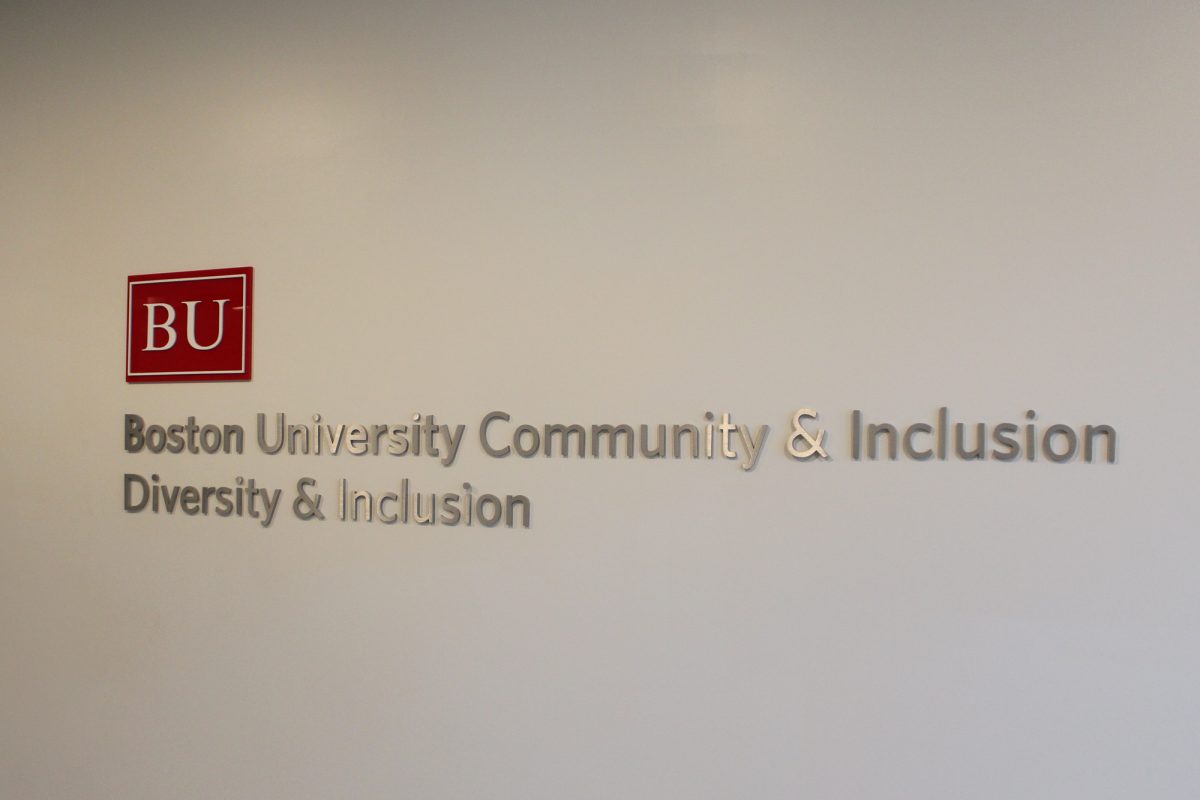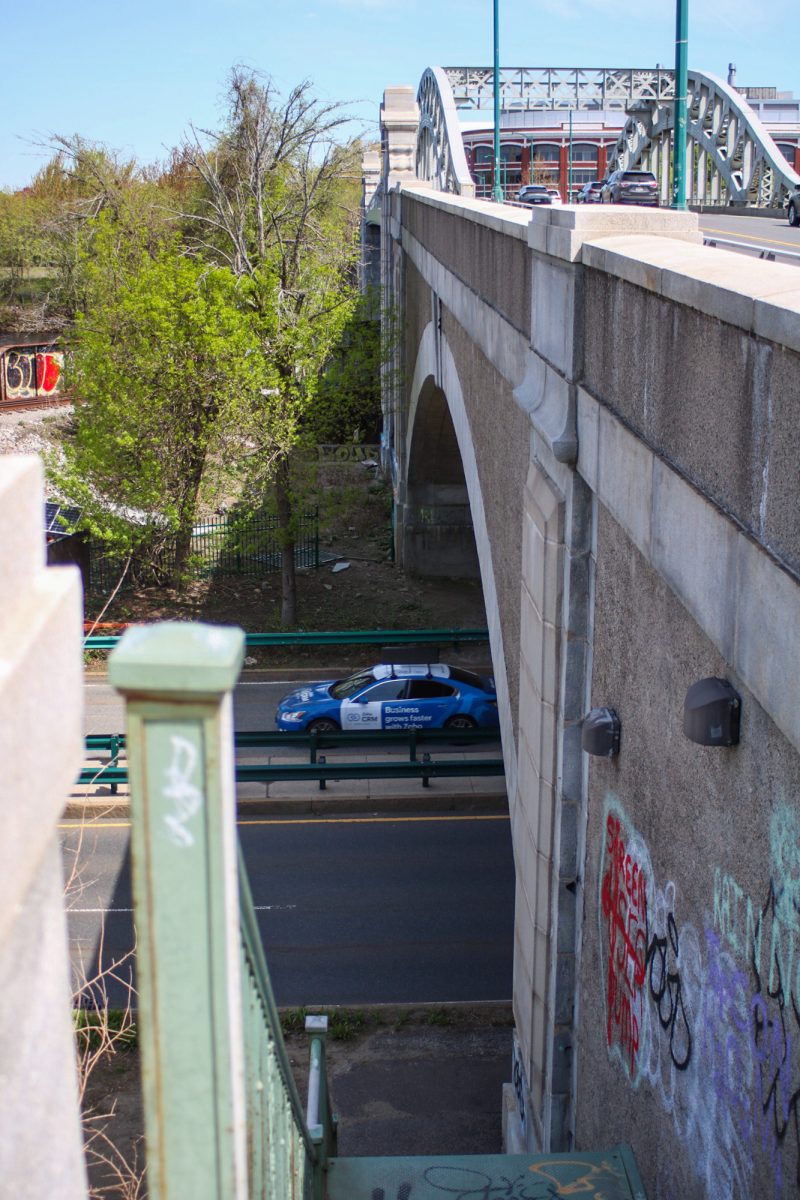The United States may be facing a volatile economy, worrisome energy crises and a bloody, ongoing war, but for some reason, students no longer fill Marsh Plaza by the thousands as they did during the ’60s and ’70s.
Boston University has come a long way since its days as ‘Berkeley East.’ In place of sit-ins and teach-ins, students now protest real-world issues with viral online grassroots movements sprung from the comfort of their dorm rooms, students past and present said.
Historian and Boston University professor emeritus Howard Zinn, who during the ’60s and ’70s joined students at sit-ins opposing segregation and wrote one of the first books calling for U.S. withdrawal from the Vietnam War, said college students of the of the past were particularly vocal because of the immediate potential for students to be drafted.
‘This generation is no different than other generations, but other generations have been confronted by very dramatic situations,’ he said. ‘It isn’t a simple matter of in the ’60s students were more eagerly involved and now they’re apathetic.’
Zinn said after the Vietnam War students were not out in the streets protesting because they often felt like government would not react.
‘When [students] feel whatever they do will be pointless they will not act,’ Zinn said. ‘They feel without hope because people are confronting a huge power.’
Zinn said students are generally more prone to radical political action than other individuals in other age demographics because of their youth and relative lack of responsibilities.
‘There [are] always large numbers of students who are interested and active and want to do something in our society,’ he said. ‘Students in any generation are fundamentally idealistic.’
Today’s students also face more pressure to succeed economically and get jobs to pay for their college tuition, Zinn said, so they have to forego political activism for financial security.
Christopher Messinger, co-Director at Boston Mobilization, a community organization that engages college, high school and middle school students to get involved in their communities, said the Internet has opened alternate avenues for protesting.
‘It’s not that the current generation is less aware,’ he said. ‘It’s just that the strategies have changed.’
Messinger said instead of running into the streets to riot, students are more likely to read up on issues and start a Facebook group to organize a letter writing campaign.’
‘The strategy isn’t to go out and get arrested, but to go to law school and change the system from the inside,’ Messinger said.’
BU senior and president of the BU Anti-War Coalition Lianne Gillooly was arrested in October while protesting with Iraq Veterans Against the War at the final presidential debate in New York. Gillooly said the dynamics of political activism are changing.
‘We can no longer rely on mass demonstrations, the masses are not willing to mobilize,’ Gillooly said in an email. ‘We must create an easy way for the common lazy American to participate in our cause.’
Gillooly said the Internet both helps and hinders activists and organizers.
‘It has allowed for us to create networks with more ease,’ Gillooly said, ‘Yet it is misleading, because it becomes heavily relied upon as an easy way to connect people, yet all the footwork that needs to be laid outside the World Wide Web is not getting done.’
Though Gillooly said more students need to be shaken into political activism, she said organizations like national Campus Anti-War Network doubled in size in less than a year and similar organizations are working to ‘get the ball rolling.’
School of Education professor Douglas Zook blamed lackluster political activism on a disenfranchised democracy.
‘A healthy democracy and a participatory democracy is one where people are involved, and I don’t see enough of that today,’ he said.
Zook, who himself attended BU as a student, said ‘today’s consumerist society doesn’t place protesting high up on its list of priorities.”
Yet one aspect of politics that arouses passionate debate, the draft, has changed since the Vietnam era. The military no longer forces eligible men to enlist to fight in any war. Without a draft looming over students, it is easier to be apathetic, Zook said.
‘It was on people’s minds then,’ he said. ‘Having people literally being pulled away made a big impact.’















































































































